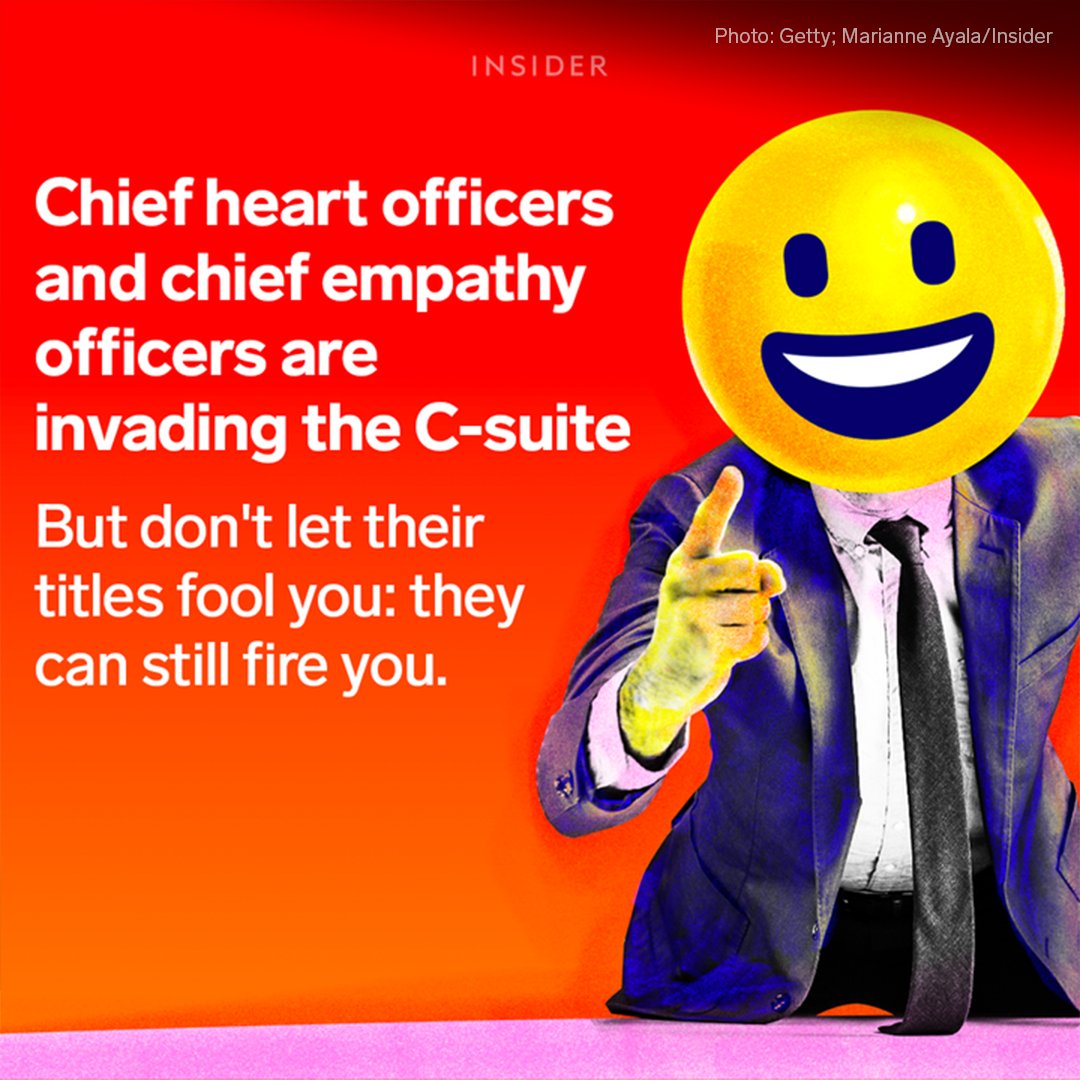Since Nike CEO John Donahoe started, the company’s shares are up 46%, creating more than $75 billion in shareholder wealth. But to some, the success has come at a cost as current and former insiders are worried about an exodus of Nike veterans.👇
businessinsider.com/nike-ceo-john-…
businessinsider.com/nike-ceo-john-…

In January 2020, when Donahoe started at Nike, the sneaker giant was facing its #MeToo moment and a series of scandals.
Donahoe offered a chance for a fresh start.
businessinsider.com/nike-ceo-john-…
Donahoe offered a chance for a fresh start.
businessinsider.com/nike-ceo-john-…
On March 15, 2020, Nike closed stores across Western Europe and the United States as the pandemic raged across the globe. The company’s sweeping response included philanthropic donations, continuing to pay retail workers, and more.
businessinsider.com/nike-ceo-john-…
businessinsider.com/nike-ceo-john-…

In mid-2020, as the #BlackLivesMatter movement gained prominence, Donahoe and Nike announced a $40 million commitment to Black communities, and the company’s Jordan brand promised a separate $100 million investment.
businessinsider.com/nike-ceo-john-…
businessinsider.com/nike-ceo-john-…

In response to ongoing criticism about a lack of internal opportunities for employees of color, Donahoe ramped up the hiring and promotion of diverse candidates.
businessinsider.com/nike-ceo-john-…
businessinsider.com/nike-ceo-john-…

Also in June 2020, Nike reported a $790 million quarterly loss, the second largest in company history. In response, Donahoe announced the Consumer Direct Acceleration, which was a sweeping reorganization to promote direct and digital sales.
businessinsider.com/nike-layoffs-j…
businessinsider.com/nike-layoffs-j…

But its greatest impact fell to the employee level.
It’s unclear how many employees Nike laid off, but in a massive-layoff notice filed with its home state of Oregon in 2020, Nike said it parted ways with 700 of its 12,800 workers at its headquarters.
businessinsider.com/nike-layoffs-j…
It’s unclear how many employees Nike laid off, but in a massive-layoff notice filed with its home state of Oregon in 2020, Nike said it parted ways with 700 of its 12,800 workers at its headquarters.
businessinsider.com/nike-layoffs-j…

Donahoe’s defenders also said criticism of the organization’s execution misses the bigger point: The new strategy is a winner.
In North America, digital sales increased 40% in the company’s most recent quarter, a staggering number for a Fortune 100 company.
In North America, digital sales increased 40% in the company’s most recent quarter, a staggering number for a Fortune 100 company.

As Donahoe’s second anniversary neared, he once again faced challenges, starting with China. Nike reported a 24% quarterly sales drop in China in December.
businessinsider.com/nike-ceo-john-…
businessinsider.com/nike-ceo-john-…

Donahoe will be facing these challenges with a significant loss of institutional knowledge.
At least 20 high-level executives left the company in the first half of 2021 alone. And the departures seem to be picking up speed.
businessinsider.com/nike-executive…
At least 20 high-level executives left the company in the first half of 2021 alone. And the departures seem to be picking up speed.
businessinsider.com/nike-executive…
While Donahoe has been bullish on earnings calls about the company’s product pipeline, insiders worried the talent drain will affect product development.
A former designer said the loss of footwear talent won’t be visible on store shelves for at least a year.
A former designer said the loss of footwear talent won’t be visible on store shelves for at least a year.

What Donahoe does next will be crucial, Nike watchers say.
Subscribe to @thisisinsider for the full story.👇
businessinsider.com/nike-ceo-john-…
Subscribe to @thisisinsider for the full story.👇
businessinsider.com/nike-ceo-john-…

• • •
Missing some Tweet in this thread? You can try to
force a refresh








